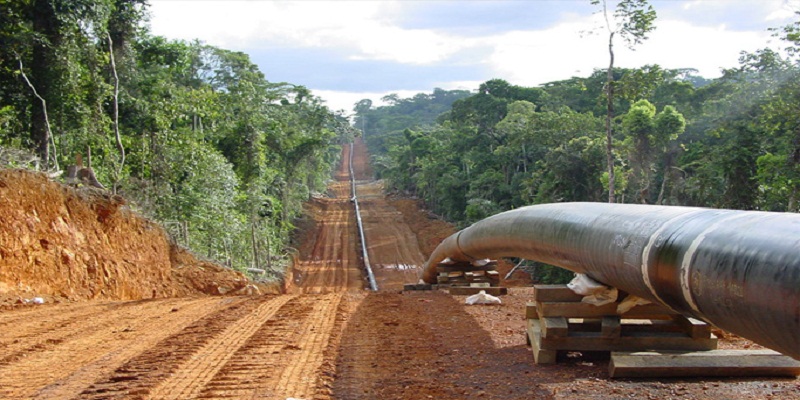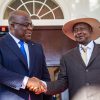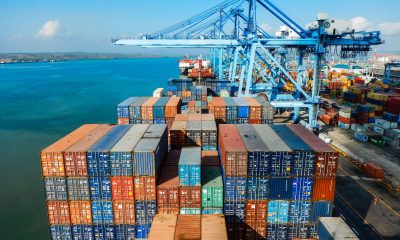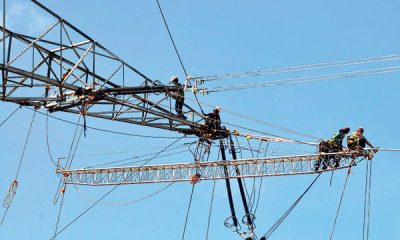Kenya has declined Uganda’s request to utilize its oil pipeline for transporting fuel, a decision that follows Uganda’s recent five-year contract with Vitol Bahrain E.C. The deal, set to commence on January 1, 2024, will see Vitol exclusively supplying Uganda’s entire fuel needs.
Uganda’s application to use Kenya’s pipeline was rejected in September, with Kenya expressing concerns over potential repercussions for local oil marketing companies (OMCs). Currently, Kenya supplies approximately 90% of Uganda’s fuel, with the remaining 10% sourced through Tanzania.
The Uganda National Oil Company (UNOC) attempted to navigate this diplomatic fuel crisis by applying to Kenya’s Energy and Petroleum Regulatory Authority (Epra) to be registered as an OMC in Kenya. This registration would grant UNOC the ability to import and export fuel and utilize Kenya Pipeline Company’s (KPC) pipeline.
However, Epra turned down UNOC’s application, citing the agency’s failure to meet the required annual sales volumes of 6.6 million litres of fuel and inability to substantiate operational criteria, such as licensed retail stations and depots in Kenya. Seeking an alternative route, Uganda’s government dispatched a special envoy to President Dr. William Ruto, seeking waivers on the necessary approvals.
The rejection of UNOC’s application becomes even more significant as it could have displaced Kenyan companies from their allocations by KPC, potentially causing further paralysis to OMCs. The demand for line fill in the KPC system is currently owned by oil marketers, and any redistribution to UNOC could be perceived as nationalization and a violation of property rights.
With less than two months before Vitol begins delivering thousands of tonnes of fuel to Uganda, talks between the two countries are ongoing in an attempt to find a resolution. The critical question remains whether Kenya will grant concessions to UNOC, allowing the use of KPC’s facilities for evacuating its fuel.



















